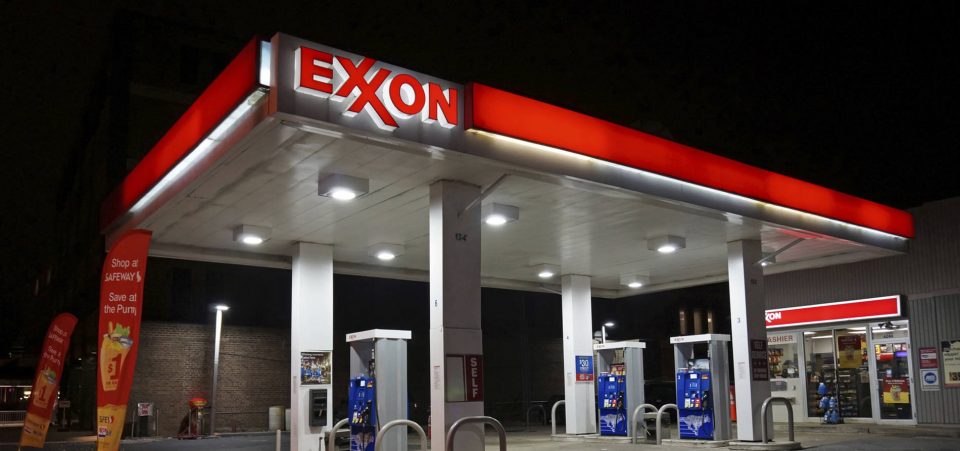Exxon Loses 4.6 Million Barrels of Oil
As state and federal investigators put Exxon Mobil Corporation’s (NYSE:XOM) accounting practices under the microscope, the company acknowledges that 4.6 billion reserve barrels of oil may no longer be profitable to produce.
New York Attorney General Eric Schneiderman, in partnership with the U.S. Securities and Exchange Commission, is investigating the company about how it values the impact of climate change on its oil and gas wells, not to mention several other of Exxon’s accounting practices.
The investigation took another step forward when Schneiderman secured a subpoena for Exxon’s documents. A U.S. court issued the subpoena last Wednesday. (Source: “New York Supreme Court Orders ExxonMobil To Comply With A.G. Schneiderman’S Subpoena,” New York State Office of the Attorney General, October 26, 2016.)
“We are pleased with the Court’s order and look forward to moving full-steam ahead with our fraud investigation of Exxon,” said Schneiderman. “Exxon had no legal basis to interfere with PwC’s production, and I hope that today’s order serves as a wake up call to Exxon that the best thing they can do is cooperate with, rather than resist, our investigation.” (Source: Ibid.)
Barely two days after the court order was issued, Exxon announced its third-quarter earnings. Net income was down 38% for the quarter, as many of the company’s projects became unfeasible due to prolonged weakness in crude oil prices. The “black gold” has spent the better part of two years below $50.00 per barrel, a far cry from its previous highs of $100.00 a barrel. (Source: “Exxon Warns on Reserves as it Posts Lower Profit,” The Wall Street Journal, October 28, 2016.)
The sharp decline in prices put pressure on projects which had only come online during the height of the oil boom. Some of these were shale-based projects, in which companies like Exxon use high pressure pumps to blast apart shale formations underground. The oil and/or natural gas trapped between the shale rock is then unleashed, ready to be gathered.
While the price drop hinders this type of innovation, it had an even bigger impact on Exxon’s assets in western Canada. Provinces like Alberta are home to the oil sands. This type of asset is more expensive and less efficient to operate than vertical drilling projects, meaning the projects there could become impossible to run at persistently low prices.
According to the brief snippets revealed from the ongoing investigation, it appears that Exxon’s accounting related to its Alberta oil sands projects is what Schneiderman is after.






